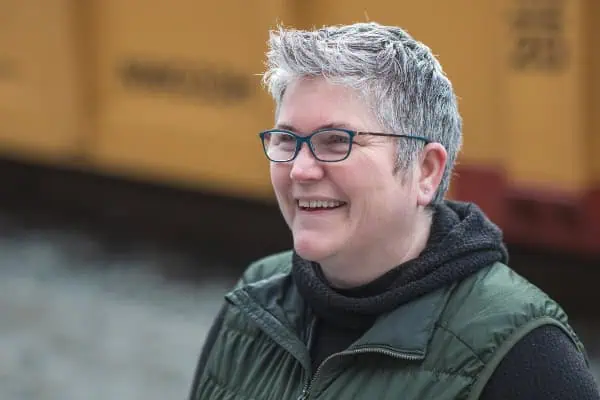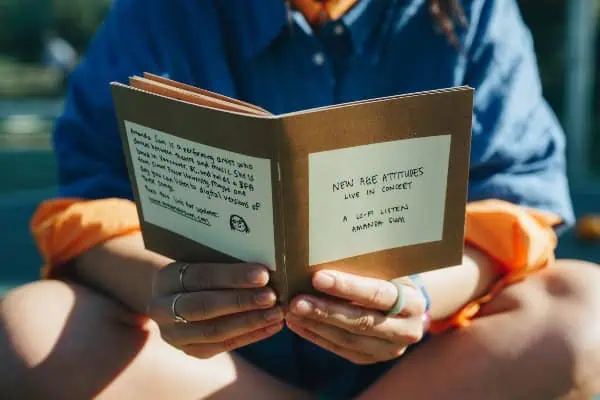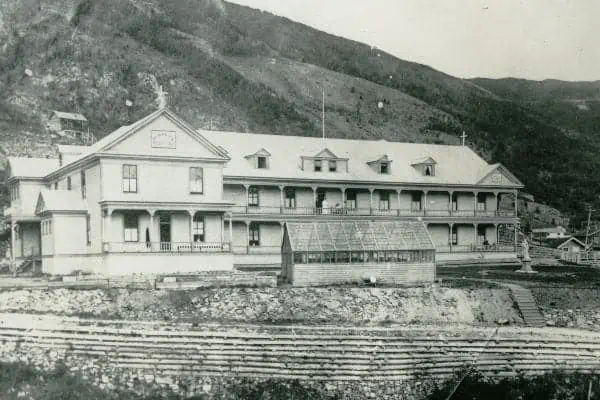From the very beginning there’s been some confusion connected with the word “Klondike.”
It started with new arrivals — the gold rush stampeders — who where unable to wrap their tongues around “Tr’ondëk,” the Hän word for the “area,” which translates as something like “hammerstone water.”
While the English word has become synonymous with gold, the original version was connected to the fishing practices of the Hän people, who had very little interest in the yellow metal.
The word’s connotation of wealth and success has spread around the world; major gold finds are often referred to as this-or-that country’s’ Klondike.
Early on, mercantile interests caught the Klondike – or Klondyke – wave and applied the handle to a host of products.
There were Klondike sleds. Klondike Alaska Footwear (the Klondike’s American, right?), Klondike chewing tobacco, Klondike potatoes, Klondike cheese, and the still-popular Klondike ice cream bar.
One long-lasting advertising scheme was the Klondike Big Inch Land Promotion, about which we still receive occasional inquiries at the Klondike Sun newspaper.
This was a Quaker Oats Company marketing promotion beginning in 1955, which was associated with a radio show originally called Challenge of the Yukon, later re-titled Sergeant Preston of the Yukon.
Quaker Oats, the show’s sponsor, purchased 19.11 acres of land in the territory and divided it into 21 million one-inch square pieces of the Yukon.
In January 1955 advertising in 93 American newspapers proclaimed, “Get a real deed to one square inch of land in the Yukon gold rush country” and, “You’ll actually own once square inch of Yukon land.”
The idea was that if you sent off the top of a box of Quaker Puffed Wheat, Quaker Puffed Rice, or Muffets Shredded Wheat, you were sent you a 5″ X 8″ deed to one square inch of land in the Klondike.
The deed was far larger than the land.
This practice was illegal in at least one state, and while the lucky owners thought they had title to a tiny gold mine, the deeds apparently did not include any mineral rights.
Unpaid taxes — common in the Klondike — reverted the land to the Canadian Government in 1965 and the Great Klondike Big Inch Land Company dissolved in 1966.
If you play a round of golf on the Dawson City Golf Course, you’re playing on the land in question.
Soon, I’ll look into the fictional accounts of the Klondike and its evocative history — up to and including the Discovery Channel’s recent mini-series of the same name.
After 32 years teaching in rural Yukon schools, Dan Davidson retired from that profession but continues writing about life in Dawson City.




